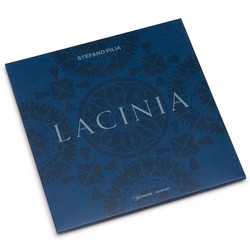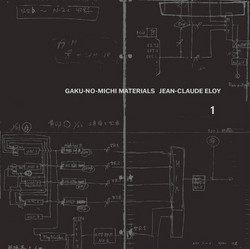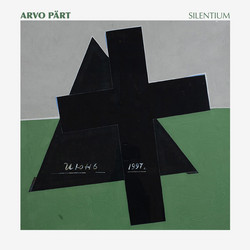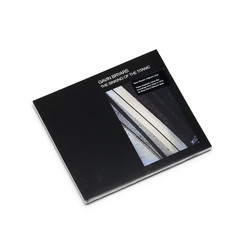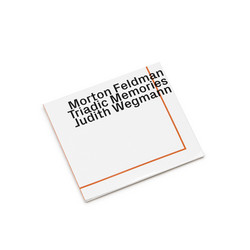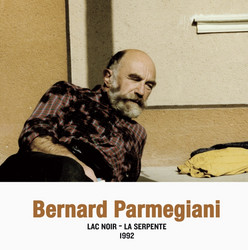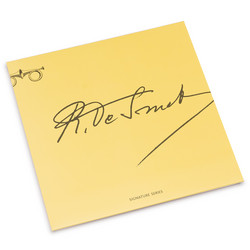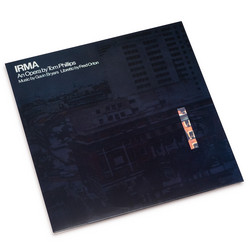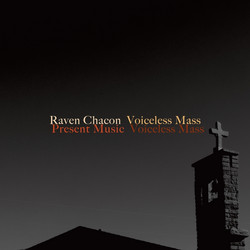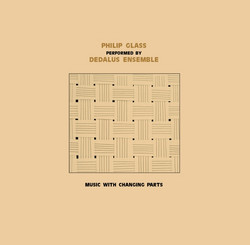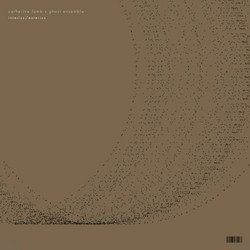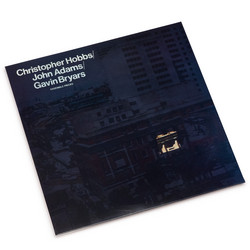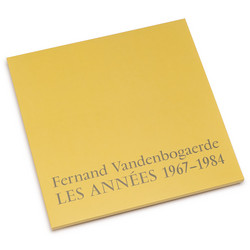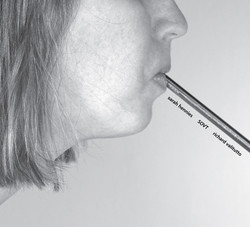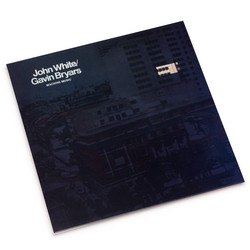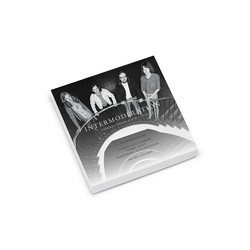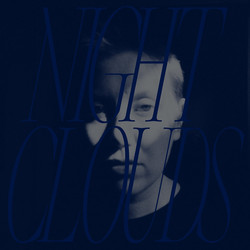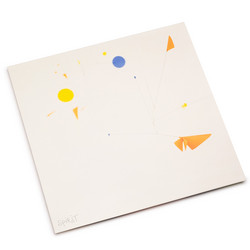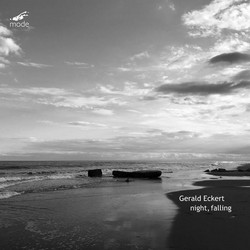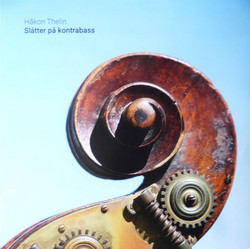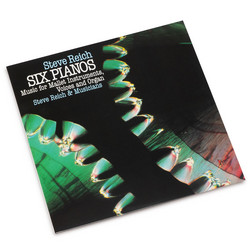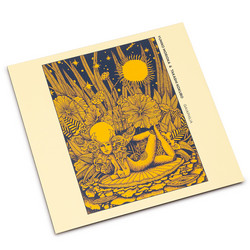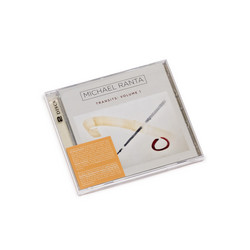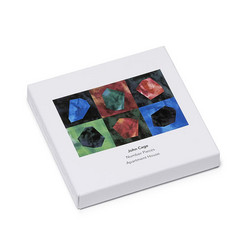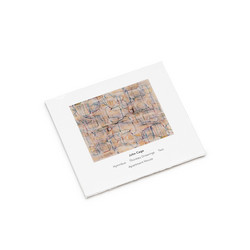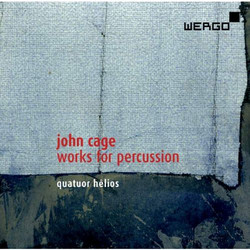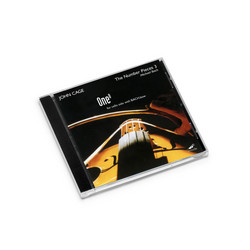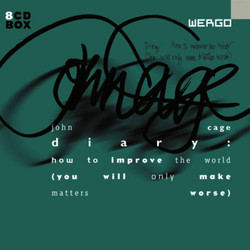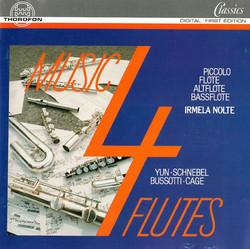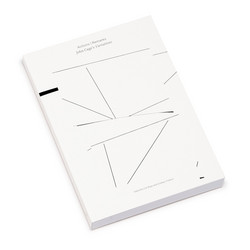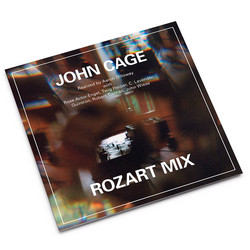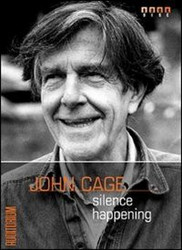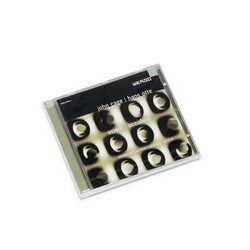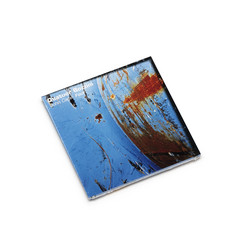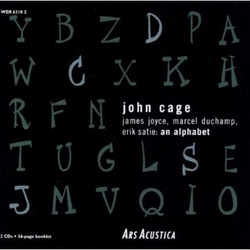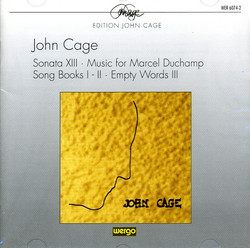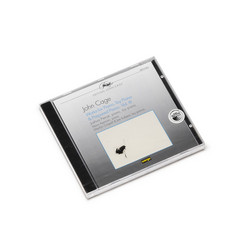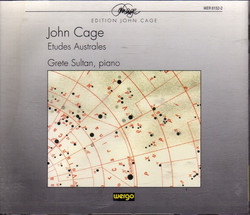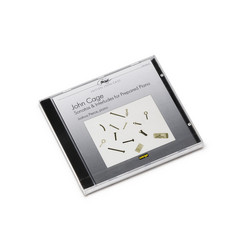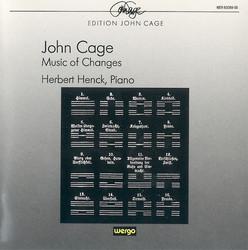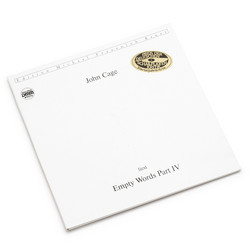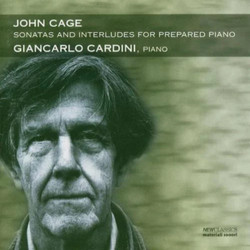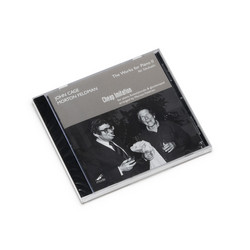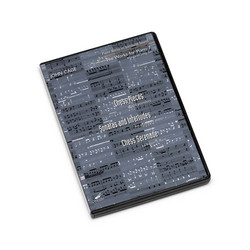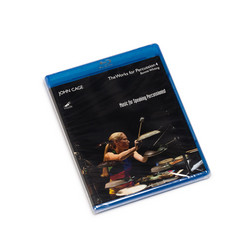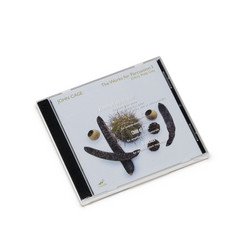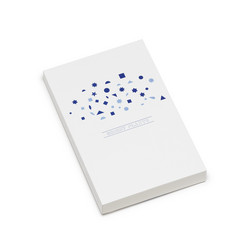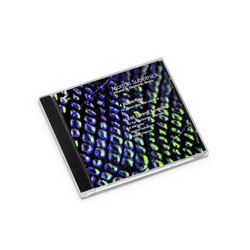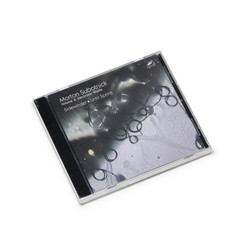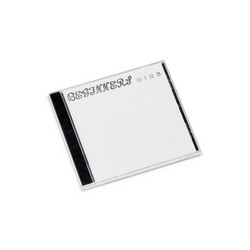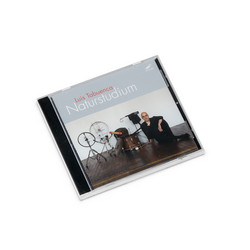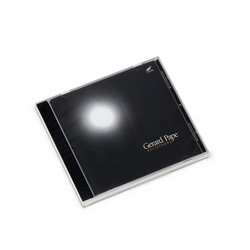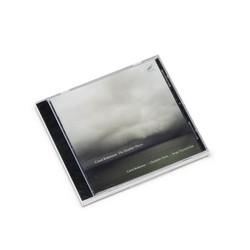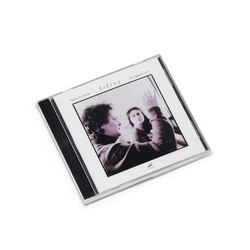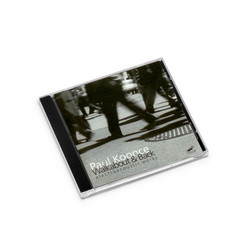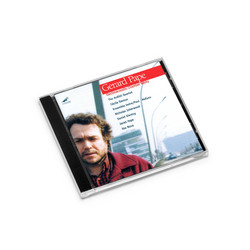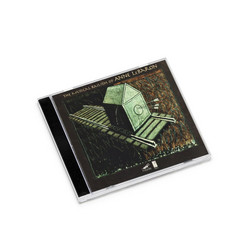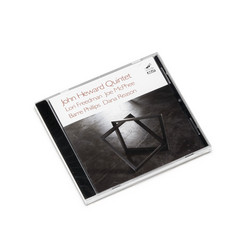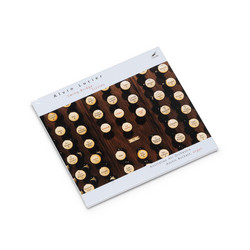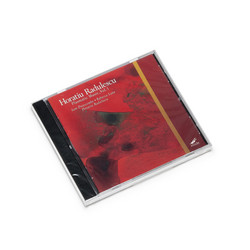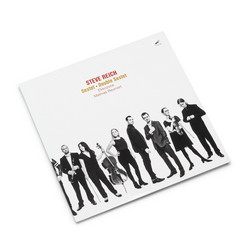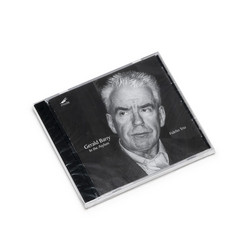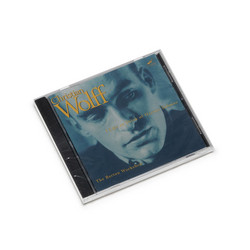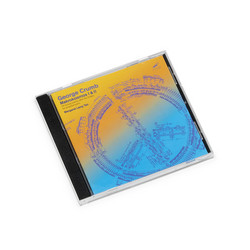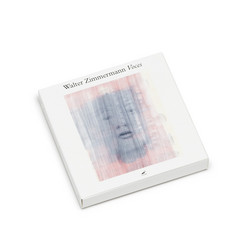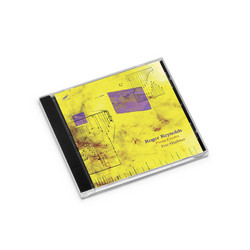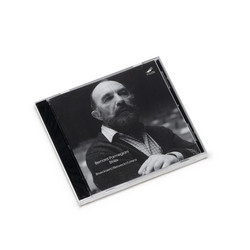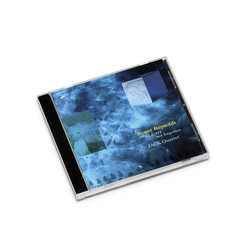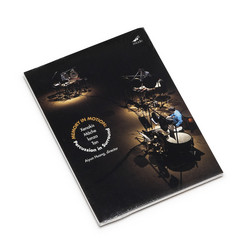Very scarce John Cage album released on Mode Records in the early eighties. "This two-record set collects some terrific performances in solo and duo contexts and is also quite a fine welcome mat into the Cage . By comparing different versions of "Etudes Boreales" -- first piano solo, then cello solo, then combined -- much can be gleaned about the way this composer thinks, a endlessly interesting subject in itself. The individual players are virtuosos not only in playing but thinking as well, coming up with interpretations impacted by a sympathy of intellect with the composer himself and overlooking any potential for the type of cheap instrumental thrills Cage reviled. Frances-Marie Uitti is a cellist who has also made a name for herself in the free improvisation scene, the land of cheap thrills. Her performances have involved the introduction of a freaky playing style involving two bows at once. She seems to be completely in touch with where this composition is going at all times, even and best of all when it is going nowhere. Micael Pugliese is marvelously versatile, performing the previously mentioned composition on piano as both soloist and duo partner as well as performing on percussion behind mezzo- soprano Usabelle Ganz for a haunting version of the somewhat newer composition "Ryoanji." The difference between piano and percussion is actually quite slight, expounded on at length in the composer's typically informative liner notes. Musically, this is Cage in his most well-traveled territory, dismantling the structure of his compositions through a series of analytical questions and allowing the -I Ching to put it back together again. The players featured are among the cream of the crop in terms of Cage interpreters from the last two decades of the composer's life. Pugliese really puts it all together in terms of the piano's sonic heritage in the classical world, the overwhelmingly new and different sounds that come from inside the instrument itself in cage's compositions, and the piano's actual status as a percussion instrument. Ganz should get a medal for singing more different types of glissandi than listeners probably thought existed” Eugene Chadbourne.
